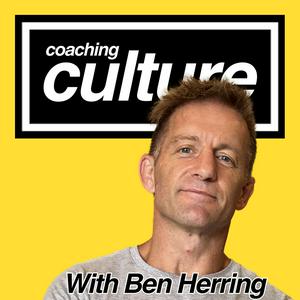What if the fastest way to a stronger culture isn’t a better speech but a better session plan? We take a hard look at Gordon Tietjens’ legendary methods with the All Blacks Sevens and unpack why brutal fitness, unbendable standards, and purpose‑driven training turned talent into titles—and teammates into family.
We start with the heart of Tietjens’ philosophy: the harder you work together, the closer you become. In sevens, effort is public and undeniable—everyone sees the chase, the clean, the reload. By holding stars and rookies to the same physical demands, he stripped away hierarchy and built humility. That shared suffering became a language of trust: when pressure hit, players didn’t need speeches; they knew who would still be there on the next sprint.
Then we dig into non‑negotiables and how clear standards protect culture from drift. Tietjens tied selection to objective benchmarks, removing gray areas and mixed signals. Culture, he argued, is not what you say but what you tolerate. When lines stay still, people stop testing them and start owning them. The result is cleaner accountability, faster buy‑in, and fewer distractions—less talk, more do.
Finally, we explore meaningful suffering and the craft of making training harder than the game. Pain without purpose breeds resentment; pain with purpose breeds resilience. Tietjens taught players to think while gasping, execute while doubting, and stay aware under stress so that matchday felt slower and simpler. Toughness became a skill, not a myth. We connect these lessons to modern coaching and leadership, showing how to blend empathy with edge: create shared effort, fix your non‑negotiables, and design stress that teaches.
If you care about building winning environments—on the field or at work—this reflection offers practical takeaways you can apply today. Subscribe, share with a coach or leader who needs it, and leave a quick review to tell us which standard you’d never bend.
Send a text
For all your sports equipment and some of the most innovative rugby products going around, head to silverfernsports.com.
If you want to chat directly or explore options for your school or club, flick an email to
[email protected].
Great gear. Built for coaches.
Support the show
Support those that support the show
For the very best rugby gear shop here: silverfernsports.com


